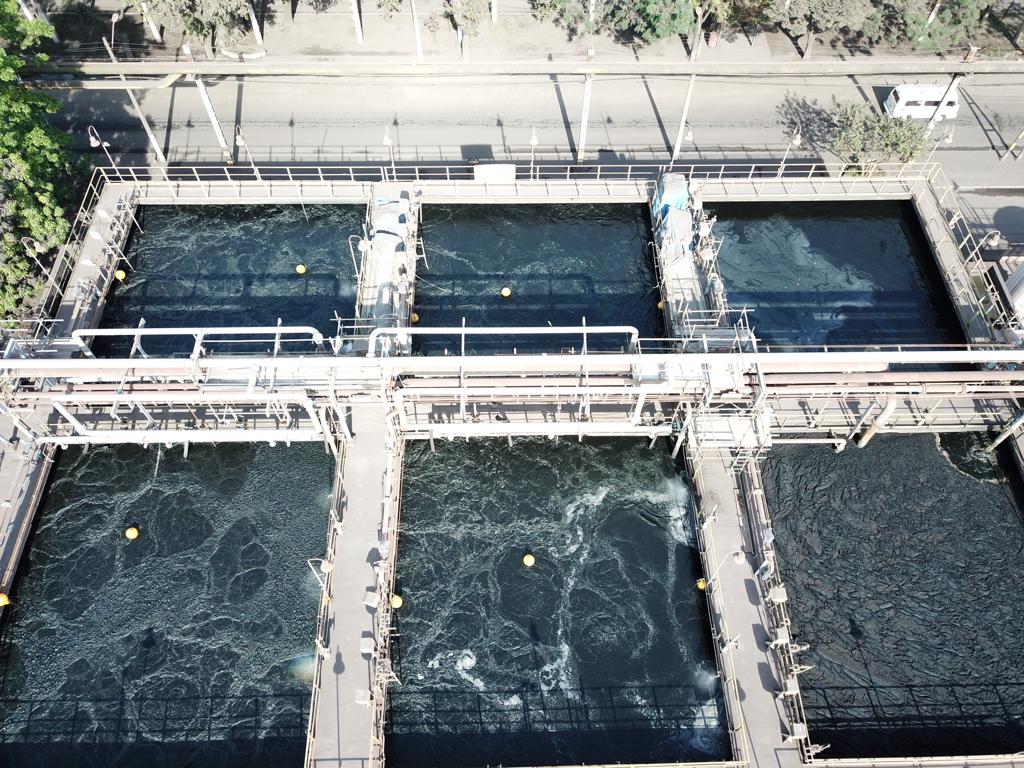
The Membrane Bioreactor (MBR) is an advanced biological wastewater treatment technology that combines biological processes and membrane filtration. This system offers high efficiency in removing contaminants and produces high quality water.
The MBR is an effluent treatment system that integrates an aerobic bioreactor with membrane filtration, providing an effective solution for removing organic pollutants and suspended solids.

It produces high-quality treated effluent, suitable for reuse.
Requires less space compared to traditional systems.
It can be used in various industrial and municipal applications.
Applications of a Membrane Bio Reactor (MBR) include:
At EP, we offer high-efficiency MBR systems designed to meet the specific needs of each client. Our systems guarantee maximum efficiency and compliance with environmental standards.
Interested in finding out more about our MBR solutions? Contact us today for a personalized consultation and find out how we can help improve your wastewater treatment processes.
Find out how EP can help guarantee the quality of effluent treatment for your company.